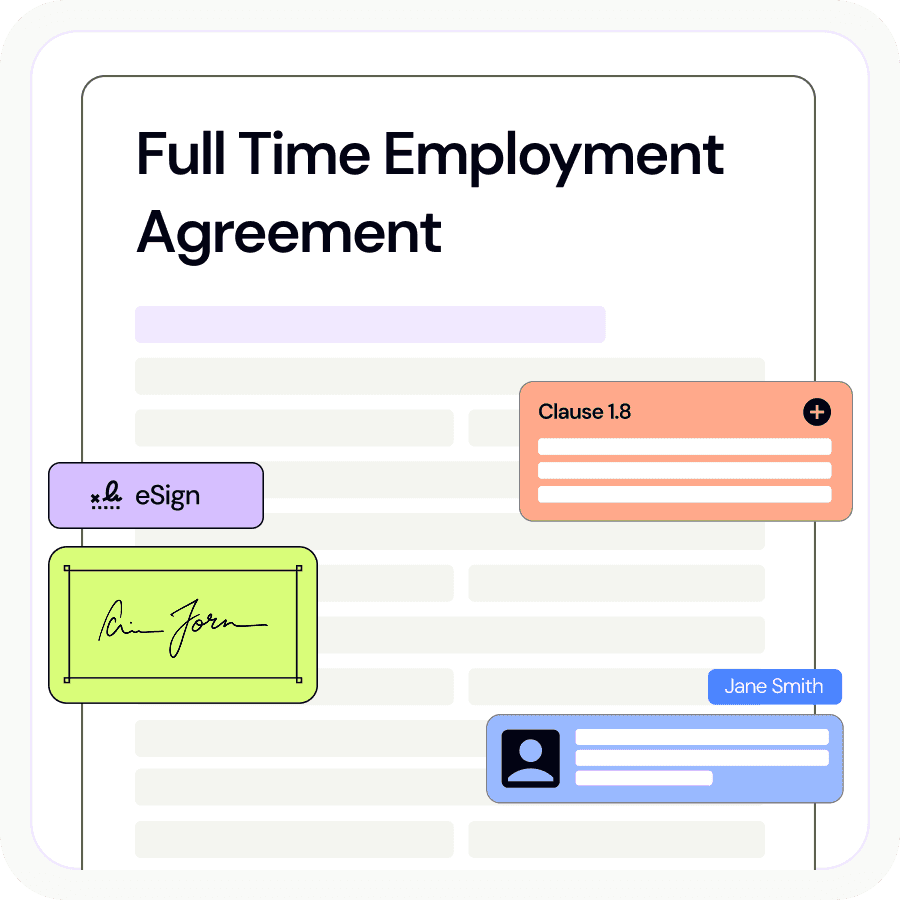Although the employment period has officially ended, both employees and employers must be aware of their responsibilities and obligations that continue to operate during the post-employment period. The terms will be set out in the employment agreement signed by the employee before commencing their employment. Two obligations that former employees may be subjected to include: the duty of confidentiality and non-compete clauses. Employers also have obligations to hold personnel records.
Wanting to learn more about your rights and obligations as an employer concerning a former employee? LawPath can connect you with an experienced employment lawyer.
Employee duties to a former employer’s
Two important employee obligations exist to protect employers against former employees if their actions, once employment has concluded, are adverse to their previous employer.
Duty of Confidentiality
Employees have an equitable duty of confidentiality to their employers, and this duty extends to former employees. This obligation exists regardless of whether it was explicitly drafted into the employment contract. However, there are exceptions to this duty. For example, if the employer cannot prove that the information was confidential then this obligation will not apply.
This duty can become important for employers if the former employee starts working for a competitor or starts their own business similar to their former employer. If a former employee is found to have breached confidentiality, the former employer is entitled to seek an injunction to restrain the person from continuing to break confidentiality. Both parties need to be aware of their rights and their potential obligations that arise from this equitable duty.
Non-compete clauses
Unlike the duty of confidentiality, non-compete clauses are provisions included in the employment contract. These provisions are activated once an employee has left the business. Non-compete clauses are an effective way to prevent a former employee using the employer’s confidential information and soliciting clients.
A signed non-compete clause will prohibit the employee providing similar services within a specific geographical area for a particular period. However, a non-compete clause may be challenged by the former employee if they appear to go beyond the scope of what is reasonable. For a comprehensive breakdown of non-compete clauses check out our previous guide.
Employer obligations
In addition to the employee obligations discussed above, employers must also ensure that they meet their required obligations. Following the formal conclusion of an employment relationship, an employer must maintain employee records per the Fair Work Act 2009 (Cth).
Complete and accurate employment records must be kept in a form that is readily accessible to a Fair Work Inspector, and the records retained for a minimum of seven years, for both current and former employees. Employers must keep the following records relating to the termination of employees, including both:
- Whether the employment was terminated by consent, by notice, summarily, or in some other manner.
- The name of the person who terminated the employment.
The Fair Work Ombudsman provides a comprehensive breakdown of relevant records to be kept by the employer
Final Thoughts
Once an employment relationship has formally concluded, both employees and employers must be aware of both their rights and obligations. Both parties having a clear understanding of these rights and obligations will ensure that the risk of breaching these obligations are mitigated.
Still unsure about your rights and obligations? LawPath can connect you with an experienced employment lawyer.
Contact a LawPath consultant on 1800 529 728 to learn more about customising legal documents, obtaining a fixed-fee quote from our network of 700+ expert lawyers or to get answers to your legal questions.






